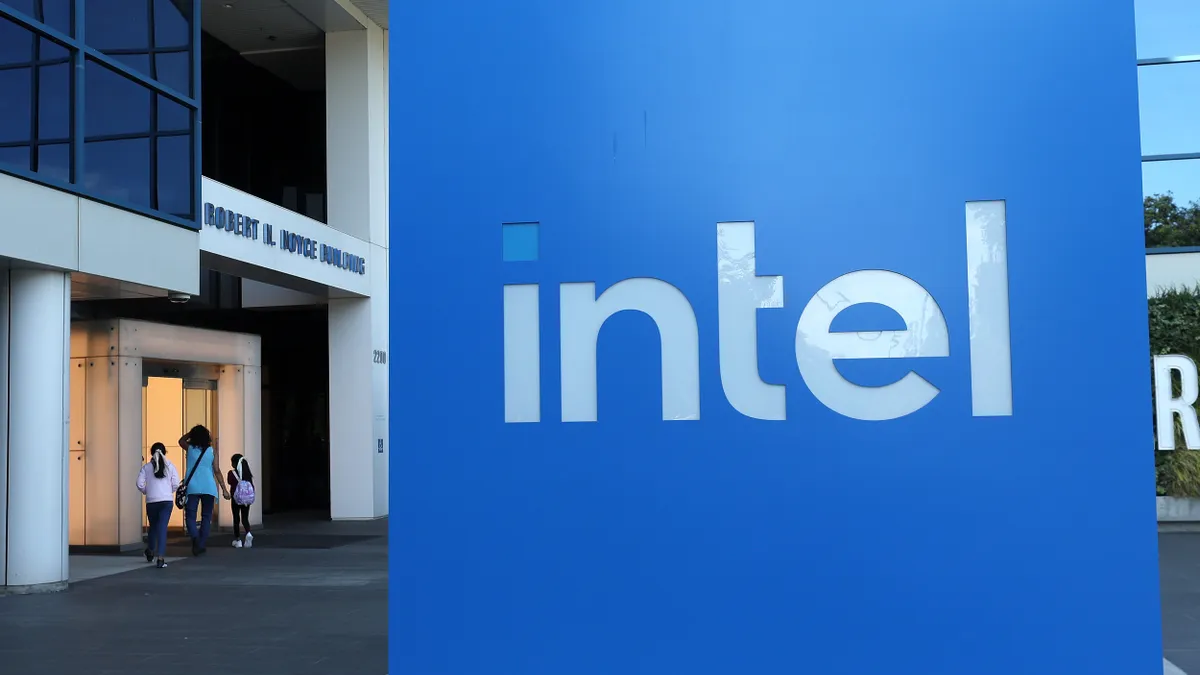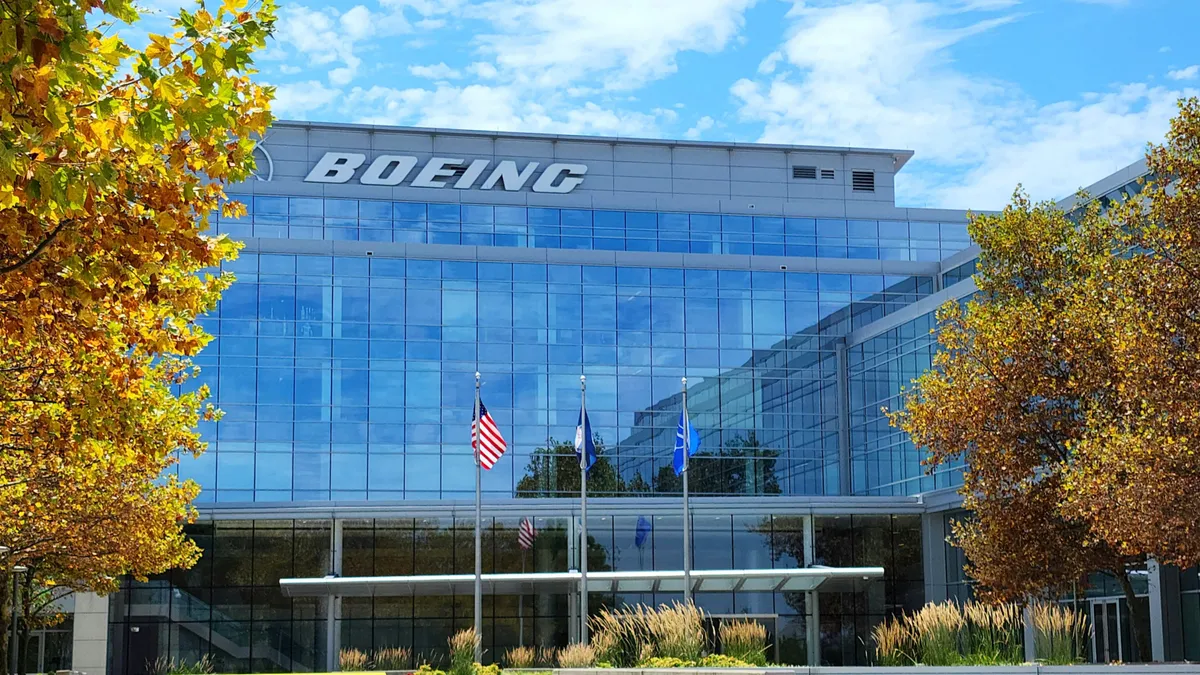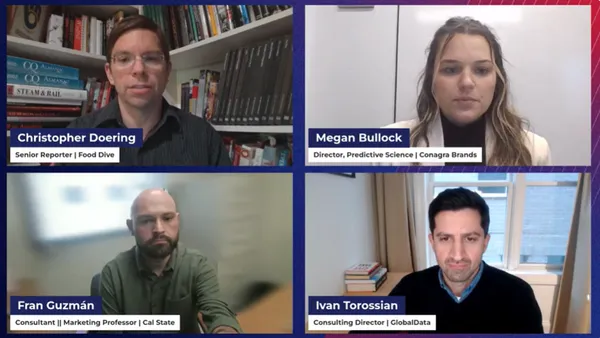Dive Brief:
- Intel is selling its majority stake in programmable chip maker Altera as the beleaguered semiconductor company works to rightsize its finances.
- The roughly $4.46 billion sale to private equity firm Silver Lake will give the tech-focused investment company 51% control of Altera, while Intel will retain a 49% stake. The transaction is expected to close in the second half of 2025.
- As part of the announcement, Intel also named Raghib Hussain, president of products and technologies for semiconductor developer Marvell, as CEO of Altera, replacing CEO Sandra Rivera. Hussain will step down from his position at Marvell effective May 2, according to a securities filing.
Dive Insight:
The deal is Intel’s latest move to improve its financial standing and focus on succeeding in its core business segments.
Upon closing, Altera will establish its operational independence, becoming the largest pure-play field programmable gate array semiconductor maker, according to Intel.
Intel bought Altera a decade ago for $16.7 billion, roughly double what the company is valued at now, $8.75 billion. Altera generated $1.54 billion in revenue last fiscal year, according to Intel.
“Today’s announcement reflects our commitment to sharpening our focus, lowering our expense structure and strengthening our balance sheet,” said Intel CEO Lip-Bu Tan, who took the helm at Intel last month after former CEO Pat Gelsinger stepped down in December.
The cash infusion will help Intel continue its strategy overhaul attempt as its internal foundry model struggles to become profitable. The segment lost $13 billion in 2024.
Intel is also in the midst of cutting 15% of its workers in a bid to save $10 billion over the course of a year.
Tan has honed in on Intel's cost-cutting efforts since taking on the role of CEO. In his note to investors in Intel's annual report in March, the CEO admitted that while Q4 2024 revenue showed "signs of progress,” "much work is needed" to improve results further.
"While our performance is nowhere near where I believe it ultimately can and must be, this gives us a lot to build on in 2025 as we continue to drive a disciplined focus on execution and value creation," Tan wrote.












